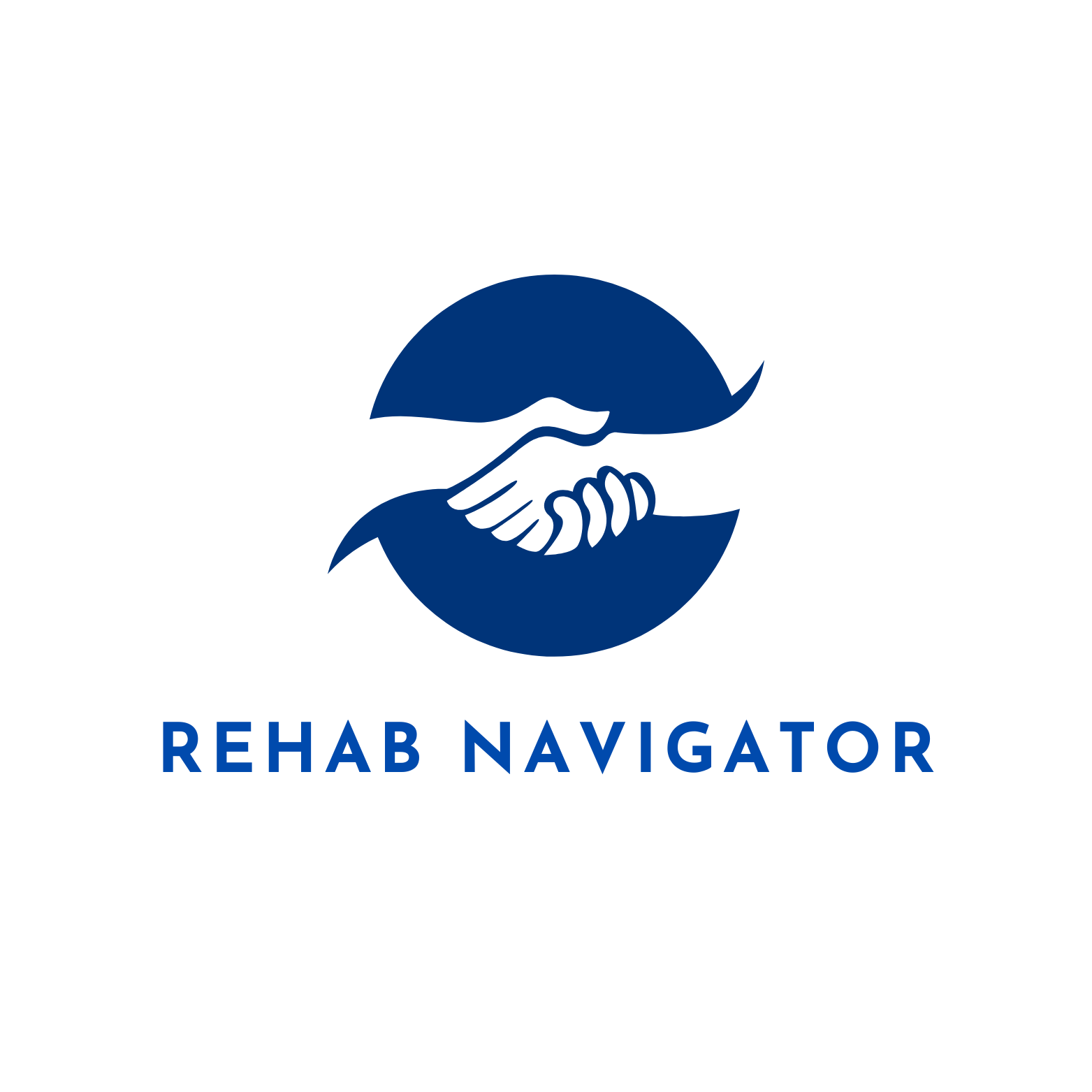How To Talk To Your Children About Alcohol
- Yasmin Maghsoudloo
- Mar 2
- 5 min read

How To Talk To Your Children About Alcohol
Having a conversation with your kids about drinking can be challenging but is crucial. Studies indicate that open communication and social interactions between parents and children significantly impact whether a child begins or continues to drink.
The Importance of Discussing Alcohol with Your Child
Talking to your children about alcohol provides an opportunity to educate them on the potential risks and dangers of drinking. Misusing alcohol can lead to serious physical and mental health problems, as well as legal and financial difficulties.
Why Alcohol Is Harmful to Your Children
Alcohol is a drug that poses significant risks and is easily accessible to children, teens, and young adults (ages 18-25). Its availability and appeal make early education crucial to empower and protect kids from its dangers.
The National Institute on Alcohol Abuse and Alcoholism highlights that underage alcohol use is linked to involvement in or victimization by violent crimes, academic struggles, and a higher likelihood of developing addiction and other mental or physical health challenges.
By discussing alcohol with your children, you can guide them toward responsible decision-making and raise awareness of the risks associated with alcohol abuse. Research shows that alcohol consumption during adolescence can impair cognitive and functional abilities, such as learning, memory, attention, and executive functioning. Addressing the underlying reasons young people drink is key to preventing underage alcohol use and its harmful consequences.
Why Do Young People Turn to Alcohol?
Young people often drink for reasons tied to risk-taking behaviors, seeking excitement, or coping with tension. Alcohol is seen as a way to experience stimulation, relaxation, or fun. Social dynamics also play a major role, with peer influence and the desire to fit in often driving underage drinking.
Media platforms such as social media, movies, and television can amplify curiosity or normalize drinking, although research into this connection remains limited. Common factors that lead to underage drinking include:
Peer Pressure: The need to feel accepted or included can lead young people to drink.
Stress Relief: Alcohol may be perceived as a quick way to manage stress.
Curiosity: Young individuals might experiment with alcohol to understand its effects.
Rebellion: Drinking can be an act of defiance against authority or societal norms.
Boredom: A lack of engaging activities may lead youth to drink out of monotony.
Easy Access: Alcohol is often readily available to minors.
Cultural and Media Influences: Social and cultural messaging may glamorize or encourage drinking behavior.
Understanding these motivations can help parents and guardians address the root causes of underage drinking and guide young people toward healthier choices.
When Is the Right Time to Talk to Your Kids About Alcohol?
It’s never too soon to have a conversation with your children about alcohol. While the topic might feel challenging, discussing the risks and dangers of drinking is crucial for their safety and well-being.
Alcohol use often falls under risk-taking behaviors, particularly when influenced by peer pressure. Because alcohol is readily available and socially accepted in many circles, it can appear to be a less harmful or more socially acceptable risk.
Initiating conversations about peer pressure, normalizing discussions about risky behaviors, and exploring preventative strategies can empower both you and your child.
Children are often aware that alcohol and drugs are part of their environment, and their natural curiosity can prompt questions. Instead of delaying these discussions, make it a point to address these topics openly and normalize the dialogue.
Family conversations should include the risks associated with alcohol use, as well as strategies for safe practices. Discuss healthy ways to socialize without giving in to peer pressure, differentiate between responsible and abusive alcohol use, and emphasize making informed, mindful choices.
Explaining Alcoholism to a Child
Discussing alcoholism with a child can be challenging, but presenting the information in an age-appropriate way can help them understand. Here are some steps to guide the conversation:
Define Alcohol and Its Effects: Explain what alcohol is and how it affects the body. Highlight that alcohol is a substance that can alter how people feel and behave.
Introduce the Concept of Addiction: Explain that some people struggle to stop drinking once they start. This inability to control alcohol use is called addiction.
Discuss the Seriousness of Alcoholism: Clarify that alcoholism is a significant issue that can cause severe health problems, including liver disease and other life-threatening conditions. Emphasize that it should be taken seriously.
Frame Alcoholism as a Disease: Help the child understand that addiction is a disease, not simply a lack of willpower. Reassure them that people with alcoholism can receive help and support.
Address Stigma: Emphasize that alcoholism is not something to be ashamed of. Let the child know that recovery is possible with professional treatment and the support of loved ones.
Encourage Questions: Let the child know they can ask any questions and that you’re available to provide honest answers.
By keeping the discussion straightforward and supportive, you can help a child better understand the complexities of alcoholism while fostering a safe space for dialogue.
How to Approach Conversations About Alcohol with Your Kids
Here are 10 practical tips to guide the discussion:
Start Early: Initiate conversations about drinking when your children are young. Research indicates that alcohol use among elementary-aged kids is a growing concern. By addressing the topic early, you can foster open communication and set clear behavioral expectations.
Clarify Expectations: Clearly outline your expectations regarding alcohol use. Explain that underage drinking is illegal and emphasize the consequences of breaking the law.
Keep it Casual: Approach the discussion in a relaxed and informal manner to make your child feel at ease.
Create Space for Dialogue: Allow your child the opportunity to share their thoughts, ask questions, and express concerns in an open, nonjudgmental environment.
Practice Responses: Role-play scenarios to help your child learn how to confidently say no. Discuss potential situations they might face and rehearse appropriate responses.
Brainstorm Strategies: Work together to identify ways to handle peer pressure and avoid risky behaviors.
Reassure Support: Let your child know they’re not alone. Offer yourself as a reliable resource and emphasize that they can always come to you for advice or help.
Be Honest: Share accurate information about the risks and consequences of drinking. Transparency builds trust and credibility.
Model Responsible Behavior: Children often mimic their parents’ actions. Demonstrate responsible drinking habits and consider how your own behavior might influence their perspective on alcohol.
Stay Vigilant: Monitor your child’s activities and watch for any signs of alcohol use. If you suspect they’ve started drinking, address it promptly and seek professional assistance if needed.
By following these steps, you can create a supportive environment where your child feels empowered to make informed decisions about alcohol.
If you’re deeply concerned:
Consult a mental health professional specializing in youth and addiction.
Explore family therapy with individualized one-on-one support.
Join support groups for additional guidance and connection.
Build a personal support network to navigate challenges.
Look into comprehensive care programs, including inpatient, outpatient, and residential treatment options.
Whether you choose a program or an individual provider, remain approachable and available to support and communicate with your child.




Comments